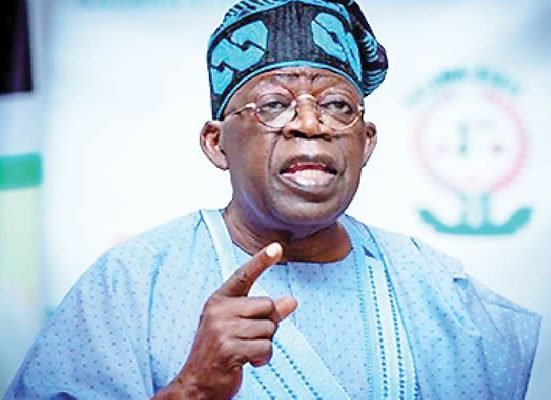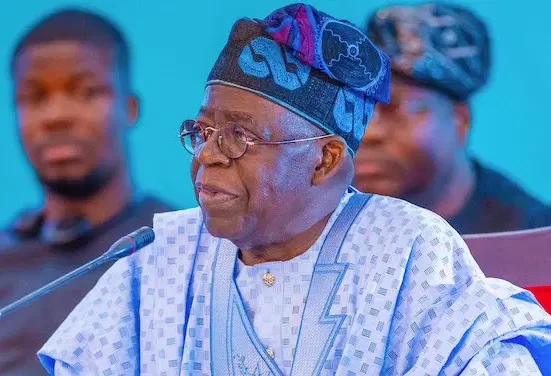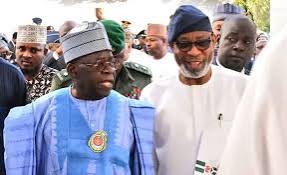The Nigerian naira appreciated by 0.16 percent on Wednesday, closing at 1,530.52/$ from 1,532.93/$ recorded in the previous trading session, according to data from the Central Bank of Nigeria (CBN).
The official market saw the naira trading between a high of 1,545/$ and a low of 1,500/$, reflecting a narrower fluctuation compared to the previous day. Meanwhile, at the parallel market, the naira remained stable at 1,585.00/$, according to a report by CardinalStone Research. Analysts observed that the difference between the official and parallel market rates has continued to shrink, declining to approximately 3.07 percent from 3.40 percent at the start of the week.
Market analysts suggest that the naira’s stability is a result of structural reforms and increased foreign exchange inflows, contributing to a more balanced market.
Commenting on the development, Tilewa Adebajo, Chief Executive Officer of CFG Advisory, explained that the shift in exchange rate stability is linked to a new system that facilitates transactions through a unified portal. According to her, most international remittances are now processed through digital platforms that provide official rates, making settlements more streamlined.
“A lot of the overseas inflow is coming in through that platform, ensuring a steady supply in the market. What remains is for parallel market operators and Bureau De Change operators to transition into this system. As this happens, we move closer to price discovery. The CBN is no longer the primary supplier of dollars in the market, which is a positive development,” Adebajo stated.
In an investor note, Comercio Partners acknowledged the naira’s recent stability, stating that the exchange rate has remained within the 1,450-1,550 range. This has contributed to stabilizing import costs, which were previously rising uncontrollably. However, the firm cautioned that sustained stability will depend on policy consistency and continuous forex inflows.
“Nigeria’s long-term stability hinges on sustained forex inflows, a competitive market environment, and the Central Bank maintaining a steady policy approach. Any policy misstep could reverse the progress made so far,” the report noted.
Similarly, analysts at CardinalStone emphasized that the naira’s relative stability since the beginning of the year has been driven by intensified CBN interventions, a positive current account balance, and increased foreign capital inflows. However, they warned that external factors, such as declining global crude oil prices, could pose risks to Nigeria’s foreign exchange stability and inflation control.
Brent crude prices have declined by 5.5 percent year-to-date, driven by expectations of increased global oil supply, shifting policies, and weakening demand. Additionally, the U.S. Energy Information Administration has revised its 2025 crude production forecast to 13.61 million barrels per day (mbpd), up from an earlier estimate of 13.55 mbpd and the 2024 average of 13.22 mbpd.
Meanwhile, OPEC+ has confirmed its plan to gradually ease 2.20 mbpd in voluntary production cuts starting April 1, 2025. This decision could further boost supply and place downward pressure on oil prices, potentially impacting Nigeria’s forex reserves.
With these developments, experts caution that while the naira has remained relatively stable, external economic shifts could introduce volatility in the foreign exchange market.







